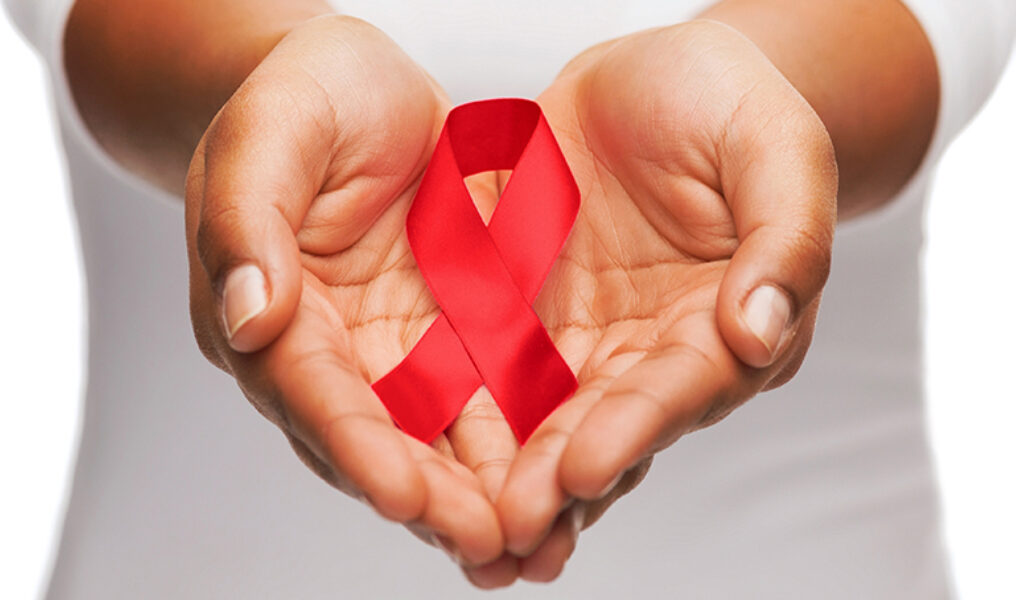HIV Continues to Impact Black People at Greater Rates, CDC Reports

According to a new CDC report, Black Americans are still disproportionately affected by HIV/AIDS.
The report, released just ahead of National Black HIV/AIDS Awareness Day Feb. 7, illustrates that despite overall progress in reducing HIV transmission in the United States, HIV continues to affect some groups more than others due to longstanding and ingrained barriers. Despite Black people accounting for only 13 percent of the U.S. population, the report showed they make up 40 percent of people living with HIV in 2019.
"Despite tremendous progress in reducing HIV transmission since the height of the epidemic, HIV continues to disproportionately affect Black people in America,” said the CDC’s Director of HIV Prevention Demetre Daskalakis. “Health disparities are not inevitable and can be addressed. The advanced, highly effective HIV prevention and treatment tools and COVID-19 vaccines that have been accessed by some must be accessible to all.”
Factors contributing to such troubling and persistent disparities include longstanding systemic inequities, social and economic marginalization, residential segregation, unequal reach of HIV prevention and treatment, and higher levels of HIV in some communities. The report found that 52 percent of Black adults diagnosed with HIV resided in areas of the country with higher Social Vulnerability Index (SVI) scores. These are often residentially segregated communities composed of predominantly Black people. The report underscores the continuing, urgent need to address the social determinants that contribute to disparities and better deliver HIV prevention and care to those who need it most.
“While there is no simple solution to equity, our nation must finally tear down the wall of factors — systemic racism, homophobia, transphobia, HIV-related stigma, and other ingrained barriers — that still obstructs these tools against HIV and COVID-19 from equitably reaching the people who could benefit from them,” Daskalakis said.
Locally, the results of the report were not surprising to LGBT Detroit Executive Director Curtis Lipscomb.
“Despite gains for some, people who look like me remain the face of the pandemic,” Lipscomb told Pride Source. “The human immunodeficiency virus (HIV) has caused havoc and has changed the tragedies of our American politics, African American and LGBT+ cultures, and life expectancies. Stigma, to date, is the most pressing cause against the fight of infection and spread.
“This national day of recognition in February should not be celebratory, and the smile on the CDC director’s profile picture misleads the urgency,” Lipscomb continued. “For at risk folks and allies, this period must be a day for an internal call of attention and action.”










